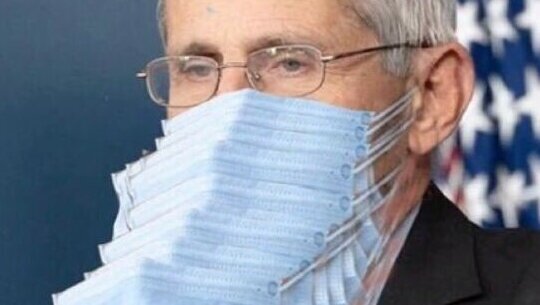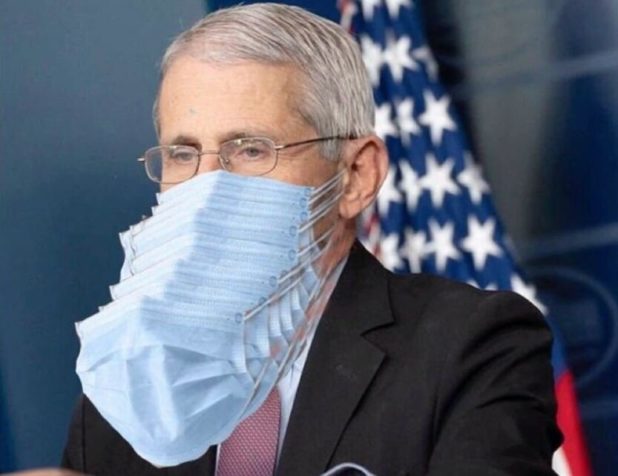These people talk constantly about the environment, but they have zero concern about what is the undisputed #1 environmental hazard: plastic.
Two years ago, the notion that everyone would be wearing face masks in public would have sounded like something out of a science fiction movie. Fast forward to 2021 and face masks are the norm, not the exception. In fact, researchers find 129 billion face masks are being thrown out each month around the globe. That works out to three million masks in the trash every minute.
The vast majority of those discarded masks are disposable and made from plastic microfibers. With this incredible influx of plastic garbage in mind, researchers at the University of Southern Denmark are ringing the environmental alarm bell about the potential impact all those masks will have on our planet. They say it is imperative that society recognizes the potential environmental threat discarded masks represent; adding that people need to make every effort to ensure masks are thrown away properly.
“With increasing reports on inappropriate disposal of masks, it is urgent to recognize this potential environmental threat and prevent it from becoming the next plastic problem,” researchers write in the scientific journal Frontiers of Environmental Science & Engineering.
…
Disposable masks are not biodegradable and don’t completely break down, meaning smaller plastic particles (micro and nanoplastics) linger and eventually spread into the local ecosystem.
The mass production of plastic face masks since the start of the pandemic is similar in scale to plastic water bottle production. However, even disposable water bottles include instructions and guidance on how to properly throw them out. Face masks offer no such guidance. This means people are far more likely to treat face masks as solid waste.
When users don’t dispose of plastic face masks properly, researchers say they make their way into nearby oceans and freshwater systems. This can result in tons of micro-sized particles (smaller than 5mm) appearing within a matter of weeks. Making matters worse, as time goes on those particles just become smaller and harder to detect and do away with.
…
Researchers can’t determine the extent to which face masks are polluting the environment, simply because there is no available relevant data. Based on modern science’s understanding of other plastic debris however, the team believes it’s fairly safe to say disposable masks are probably accumulating and spreading various harmful chemical and biological substances throughout the environment.
…
So, what can the public do about all this? Researchers have a few suggestions. First, they recommend every town, city, and local village set up mask-only trash cans. Then, officials should create standardized guidelines with strict enforcement to manage of mask waste. It would also help if as many people as possible switched from disposable masks to reusable ones. Finally, they recommend the development of a biodegradable disposal mask.
Plastic is for sure not something we need any more of.
Related:
- People Eat a Spoonful of PLASTIC Every Week, Study Finds
- Shaping a New Generation of Slaves: Microplastics Found in the Placentas of Unborn Infants
- I Doubt Anyone is Actually Going to Ban Plastics
- Americans are Exposed to 44 Times More “Gender Bending” Plastics Than What’s Safe
- WHO Declares That Microplastics in Drinking Water are Not a Health Risk
- Endocrine-Disrupting Chemicals May be Behind Declining Sperm Counts and Lower Egg Quality
- The Pitch of Women’s Voices has Changed Over the Last Few Decades, Becoming More Masculine
- YUMMY: Plastic Particles Accumulate Within Plants
- Nuclear Apocalypse Diet: Mushrooms and Seaweed Could Save Men from Androgyny

